Do You Really Need a Captain’s License? Here’s What You Need to Know
Do you need to be licensed as a captain to operate a boat? What’s the difference between a boat captain and a boat operator? How do you get a captain’s license if you need it, and how do you even know when you need one?
We get asked questions like this from people concerned they’re missing a license to operate their boat. Also, some are fearful that they may be at risk of fines from the Coast Guard or Marine Police for violating laws they didn’t even know existed.
USCG Licensing
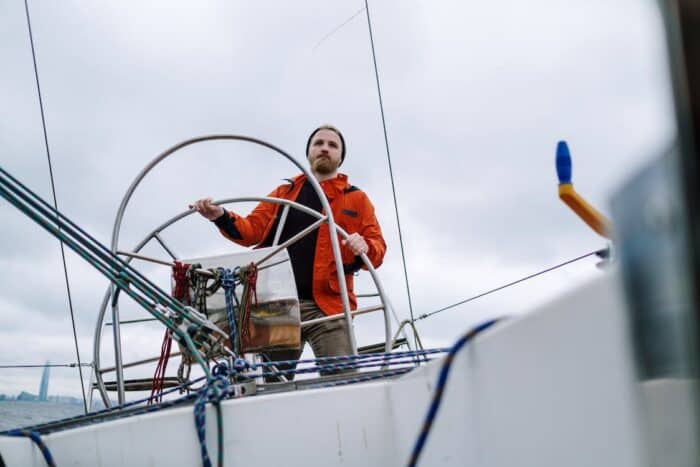
If you operate a personal boat recreationally, you do not need a United States Coast Guard boat captain’s license.
You do need to have a captain’s license if you plan to operate a vessel commercially. That could be anything from a chartered fishing boat where clients pay you to take them out to see so they can fish, to a tour boat operator, to the captain of a massive cruise ship.
As long as you are not accepting money to operate the boat from the people on board, you’re not considered a captain. Because you are not a captain, you do not require a captain’s license for most recreational vessels under 26 feet.
What Size Boat Requires a Captain’s License?
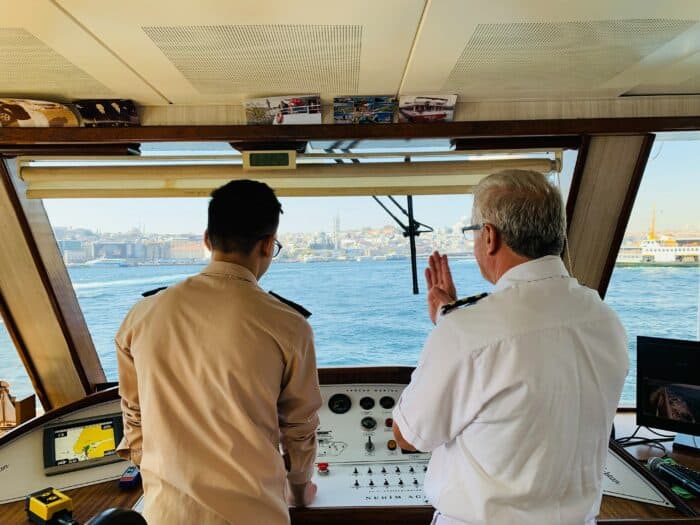
If you are operating a boat over 26 feet long, the United States Coast Guard requires a valid captain’s license. The larger a ship is, the harder it is to operate.
What is a Captain’s License?
A captain’s license is a credential issued by the United States Coast Guard when you qualify to become a boat captain. There are two main kinds of licenses you can get through the USCG. These are:
- OUPV/Six-Pack
- Master License
These licenses can be obtained after learning the coursework and passing the exam to qualify. You’ll also need to meet physical requirements, pass a background check, and have logged several boating hours to qualify. The courses cost several hundred dollars, and both could set you back over $1,000.
Once you have obtained a captain’s license, you can improve upon it later by adding endorsements for things like towing or sailing.
You must have a captain’s license to operate a boat commercially. The OUVP license allows you to operate a vessel with up to six paying passengers. The Master’s License will enable you to carry six or more.
What Does it Mean to Operate a Boat Commercially?

There are various jobs that you can do that would qualify as commercial. You don’t always have to have passengers on board to still be the boat captain who requires a license, either. Here are some examples of jobs you can do that would require you to have a captain’s license:
- Tugboat captain
- Running sea trials
- Charters for tourism or fishing
- Delivery captain transporting boats for clients
- Ferry captain
- Water taxi
A Question from a Reader
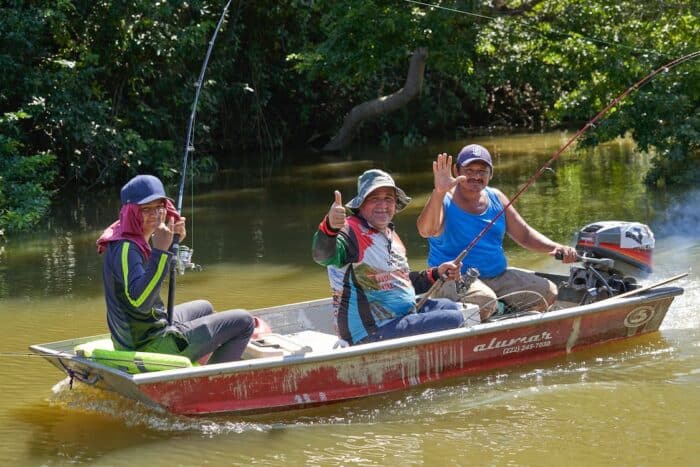
One of our readers sent us this, representing a situation that may be more common than you think. It covers that gray area where it can be unclear whether you’re working as a captain.
“A friend of mine was boarded by the Marine Police and the Coast Guard while fishing on the Chesapeake Bay. Since he had friends on board, they separated the people and asked them if they were paying him to take them out. Of course, they were not, they were just friends on a fishing trip.
What troubled me, and of course him, was the fact that he was told by the Coast Guard that if you share the cost of the fuel, that is considered a charter. Heck, most of us that fish all the time together share in the cost of the fishing with one another. Is this statement made by the Coast Guard true and could he have been fined for not having a captain’s license if his friends decided to help pay for some of his fuel costs? What regulations cover these sorts of rules, for if this is true a lot of us are in trouble.”
What is a Passenger for Hire?
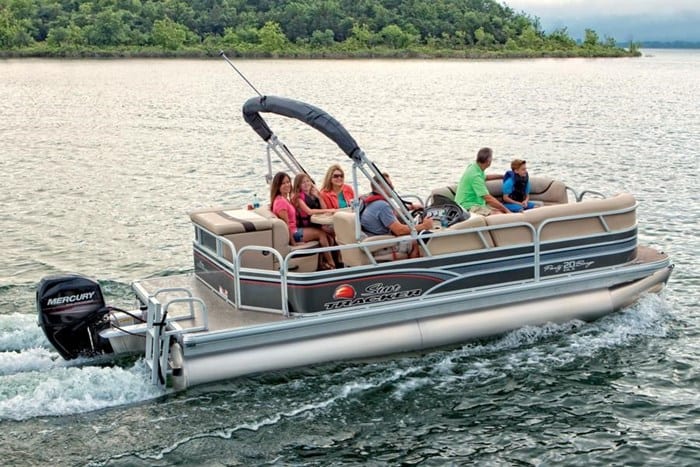
It can be very confusing to know what is meant by ‘passenger for hire.’ Luckily, the term is clearly defined, as stated below.
- SEC. 506. PASSENGER FOR HIRE.
- Section 2101 of Title 46, United States Code, is amended by inserting between paragraphs (21) and (22) a new paragraph (21a) to read as follows:
- “(21a) ‘passenger for hire’ means a passenger for whom consideration is contributed as a condition of carriage on the vessel, whether directly or indirectly flowing to the owner, charterer, operator, agent, or any other person having an interest in the vessel..”
- DESCRIPTION – The determination of what constitutes the carriage of a “passenger for hire” must be made on a case by case basis. This determination is dependent upon the actual operation of a vessel and the flow of consideration as determined by the facts of each case. In general, there needs to be some form of tangible consideration or promise of performance being passed for a “passenger for hire” situation to exist.
- SEC. 507. CONSIDERATION
- Section 2101 of Title 46, United States Code, is amended by inserting between paragraphs (5) and (6) a new paragraph (5a) to read as follows:
- “(5a) ‘consideration’ means an economic benefit, inducement, right, or profit including pecuniary payment accruing to an individual, person, or entity, but not including a voluntary sharing of the actual expenses of the voyage, by monetary contribution or donation of fuel, food, beverage, or other supplies.” Additionally, employees or business clients that have not contributed for their carriage, and are carried for morale or entertainment purposes, are not considered as an exchange of consideration.
In a nutshell, this means a passenger for hire would not be on the boat if they weren’t paying to be there. They’re not a friend or family member or invited guest; they are a client or customer.
What Happens If You Operate a Commercial Vessel Without a Captain’s License?
In 2015, the United States Coast Guard began cracking down on non-commercial vessels operating as charter boats. If you get caught taking money from passengers on a vessel that isn’t licensed, there can be severe penalties. Aside from potential criminal charges that can be laid if a paying passenger were injured or killed, boat owners and operators can be fined as much as $35,000 per day for violations.
The Bottom Line
If you are operating a boat under 26 ft recreationally, you probably do not need a captain’s license. Many boaters get a captain’s license to improve their knowledge and skill set. Also, there’s some cache that comes along with being able to call yourself a captain legally.
As long as you are not charging passengers to be on your boat, then you don’t technically need to have a captain’s license. If you’re out on a boat with friends and everybody is chipping and money for gas and food, that doesn’t count as having paying passengers. In that case, you would not need a boat captain’s license either.
Categories: nauticalknowhow

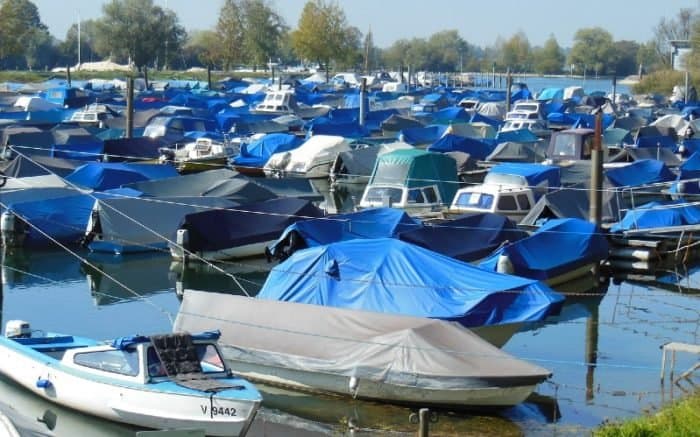

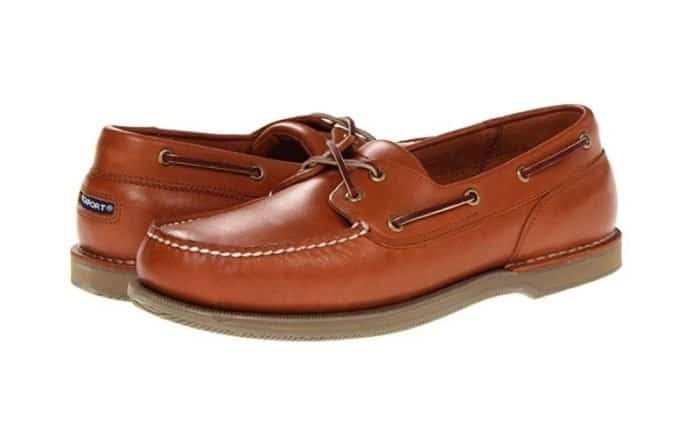




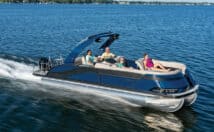
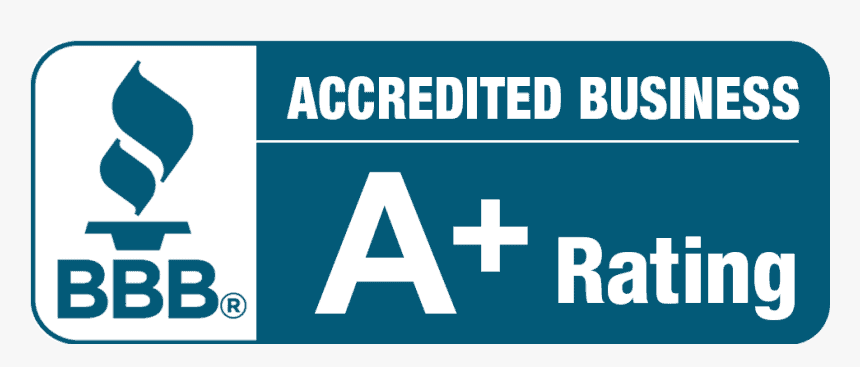


1 Comment
Todd Feinroth on October 25, 2023
If I have a 24 foot powerboat and I want to take paying passengers do I still need an OUPV license?